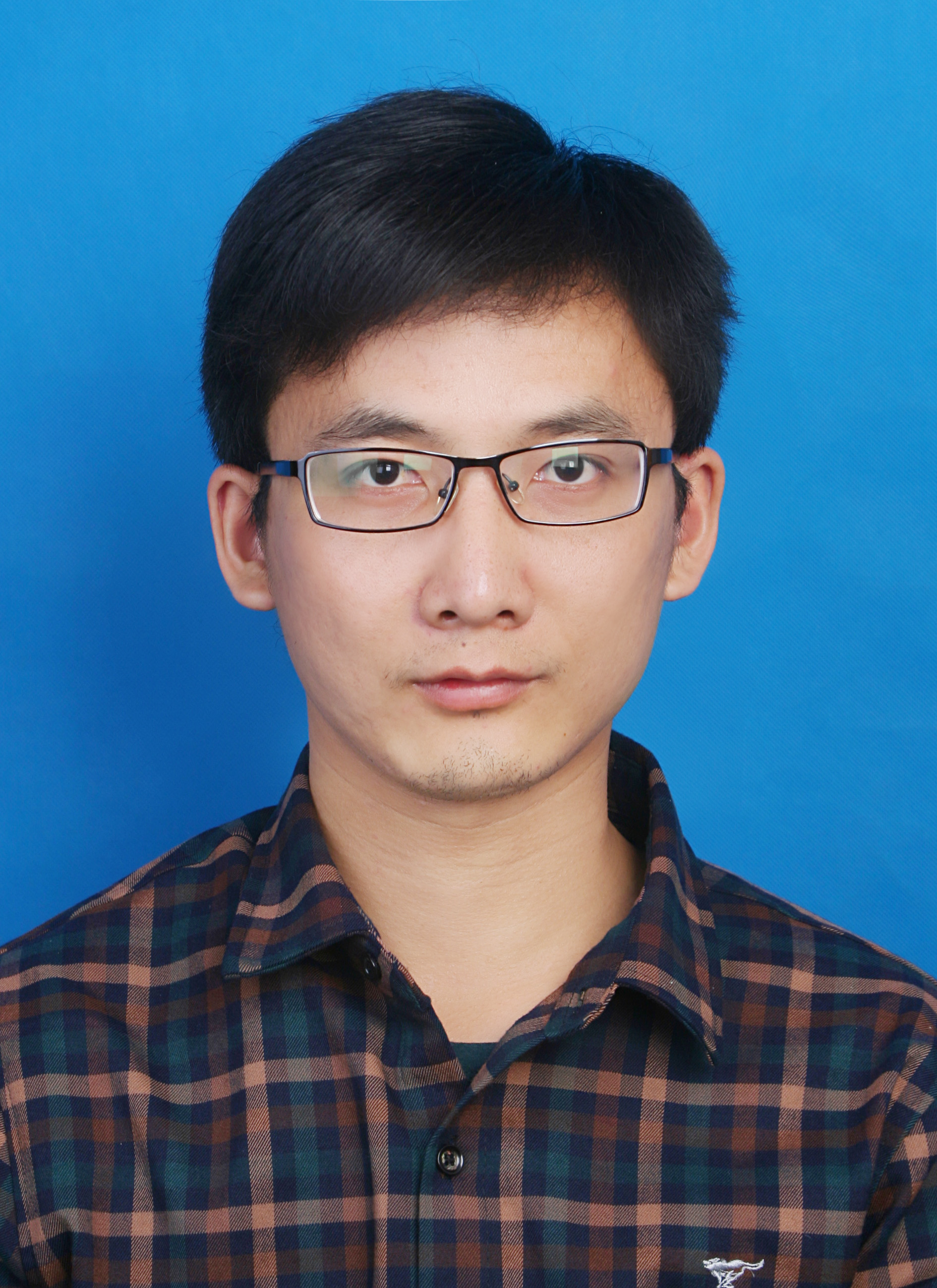(1) Research on the regulation mechanism of nuclear miRNA;
(2) Research on the molecular mechanism of intestinal metabolism and immune regulation
(1) Research on the regulation mechanism of nuclear miRNA;
(2) Research on the molecular mechanism of intestinal metabolism and immune regulation
1.Research Projects
(1) National Natural Science Foundation of China, Youth Science Fund, 81803626, Research on the role and mechanism of PKM2 in intestinal epithelium in inflammatory bowel disease;
(2) Science and Technology Department of Jiangsu Province, Youth Fund Project, BK20180556, Research on the mechanism of PKM2 activation of Wnt/β-catenin pathway in inflammatory bowel disease to promote enteritis repair;
(3) China Postdoctoral Science Foundation, general funding first class, 2018M630642, Research on the role and mechanism of PKM2 in intestinal epithelium in inflammatory bowel disease;
(4) Fundamental Research Fund of China Pharmaceutical University, key project, 2632022ZD15, Research on the mechanism of PKM2 maintaining intestinal homeostasis by regulating α-defensins.
2.Representative Research Achievements
(1) We found for the first time that human liver miR-122 can enter the nucleus, regulate the generation of oncogene miR-21 from the post-transcriptional level, affect the metabolic immunity and proliferation of the liver, and thus play a tumor suppressor role. This finding expands our understanding of the mode of miRNA regulation and proposes a new cascade mode of miRNA action. The results were published in the journal Nucleic Acid Research.
(2) We synthesized its specific fluorescent probe TEPC466 through an agonist of the metabolic enzyme PKM2, which has high specificity, high sensitivity and high selectivity. It provides a new strategy for the integration of tumor diagnosis and treatment targeting PKM2. The result was published in the Journal of Analytical Chemistry, and the patent applied for based on this probe has been authorized.
1.Wang, D.; Li, C.; Zhu, Y.; Song, Y.; Lu, S.; Sun, H.; Hao, H.; Xu, X., TEPP-46-Based AIE Fluorescent Probe for Detection and Bioimaging of PKM2 in Living Cells. Anal Chem 2021, 93 (37), 12682-12689. (IF: 6.980)
2.Sun, X#.; Wang, D#.; Wang, Y.; Ye, L.; Shi, F.; Qu, S.; Liang, H.; Zen, K., PKM2 controls the degranulation of secondary and tertiary granules in neutrophils by phosphorylating SNAP-23. Cell Mol Immunol 2021, 18 (8), 2048-2050. (IF: 11.531)
3.Sun, X#.; Yao, L#.; Liang, H#.; Wang, D#.; He, Y.; Wei, Y.; Ye, L.; Wang, K.; Li, L.; Chen, J.; Zhang, C. Y.; Xu, G.; Wang, F.; Zen, K., Intestinal epithelial PKM2 serves as a safeguard against experimental colitis via activating beta-catenin signaling. Mucosal Immunol 2019, 12 (6). (IF: 7.314)
4.Wang, D.; Sun, X.; Wei, Y.; Liang, H.; Yuan, M.; Jin, F.; Chen, X.; Liu, Y.; Zhang, C. Y.; Li, L.; Zen, K., Nuclear miR-122 directly regulates the biogenesis of cell survival oncomiR miR-21 at the posttranscriptional level. Nucleic Acids Res 2018, 46 (4), 2012-2029. (IF: 11.501)
5.Wei, Y#.; Wang, D#.; Jin, F.; Bian, Z.; Li, L.; Liang, H.; Li, M.; Shi, L.; Pan, C.; Zhu, D.; Chen, X.; Hu, G.; Liu, Y.; Zhang, C. Y.; Zen, K., Pyruvate kinase type M2 promotes tumour cell exosome release via phosphorylating synaptosome-associated protein 23. Nat Commun 2017, 8, 14041. (IF: 11.878)



